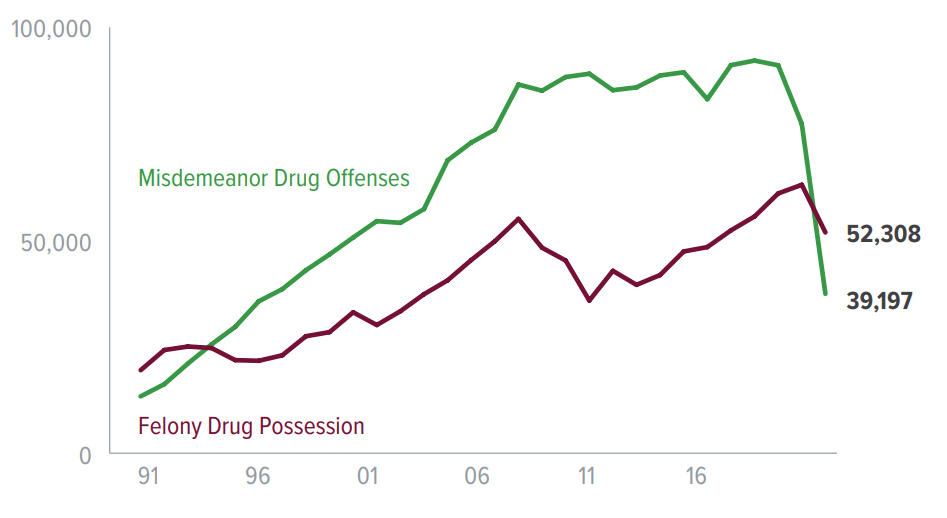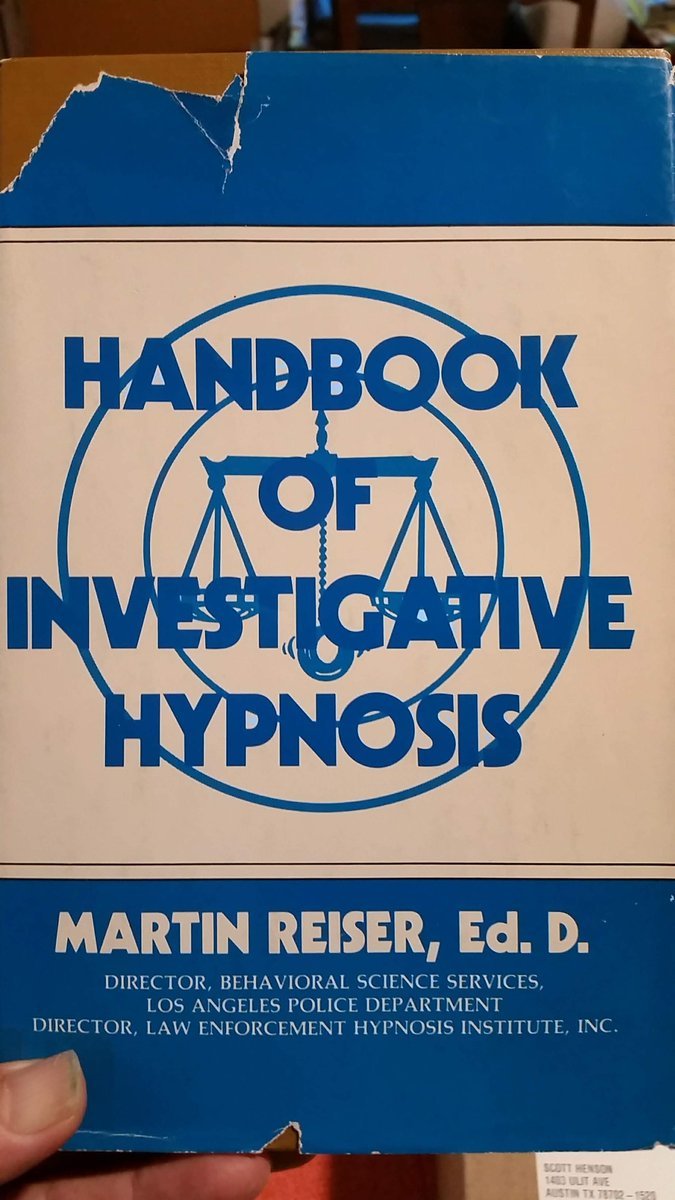Texas' 2020 racial profiling data from millions of Texas traffic stops was
finalized this week at the Texas Commission on Law Enforcement. This was the first year racial breakouts were included in new data collected under Rep. Garnet Coleman's 2017 Sandra Bland Act. I'd posted preliminary data on Twitter before reporting was complete, but now we have the
full dataset for 2020.* What does this tell us about Texas law enforcement's work in the field?
It is starting to tell us quite a lot about what police readily admit are "pretext" stops. Police stop people for minor traffic infractions if they think something else might be going on. If you are so stopped, and you don't agree to a search, you can be arrested for that minor traffic infraction so they can do their search without your approval. More than 41,000 people experienced such an arrest last year.
That said, we still don't have great data on race: Various racial categories separately total more than the total number of stops recorded. Likely much of this is because of crossover between white and Hispanic categories, but there are many reasons racial identifications are problematic.
It was also a weird first year to gather racial data. With COVID driving down traffic everywhere, traffic stops were down 35% statewide, from 9.7 million in 2019 to 6.3 million in 2020.
Still, that's a lot of stops When police search, are they finding much? Usually nothing. And when they do, it's usually insignificant contraband that doesn't result in an arrest, according to the data.
Texas cops conducted searches 362,113 times in 2020, or at 5.8% of stops. That's about one out of every 17 time they pulled someone over. Of those, 27% were based on the drivers' consent.
In less than half of searches, contraband was discovered - 158,815 times in 2020 or 43.6% of searches. Most of what was found was drugs or paraphernalia (69%). Remarkably, three out of five times contraband was found, no arrest was made (93,998 cases). One supposes in these cases police found small amounts of marijuana, rolling papers, or items that weren't in and of themselves incriminating like cash or legal weapons.
Arrests occurred at traffic stops 171,976 times in 2020, or at 2.7% of stops. Of those, 24% of arrests were for Class C misdemeanors (traffic infractions are generally Class Cs); another 24% were for outstanding warrants; the rest for penal code violations.
Class C arrests, which would mostly be banned under bills at the Texas Legislature like HB 830 and the Texas George Floyd Act, happened 41,731 times in 2020, down from 64,100 times in 2019.
Physical force resulting in serious bodily injury was used against people 5,141 times at Texas traffic stops in 2020, or about once every thousand stops.
Black folks represented 24.6% of force victims compared to 16.7% of drivers stopped.
For the third year running, Houston PD came in on the high end of use-of-force rates at large departments. HPD officers used force 82.6 times out of every 10,000 stops; the statewide average was 10.7. At San Antonio PD, by comparison, force was used at 3.4 out of every 10,000 traffic stops; at Austin PD it was 5.4.
Out of 2,500+ agencies statewide, there were 19 agencies with higher use-of-force rates than Houston PD. But all were small agencies making fewer than 4,500 traffic stops; together, those 19 departments reported 388 force incidents. HPD, by contrast, made 217,288 stops in 2020 and reported 1,795 force incidents to TCOLE.
Complaints were made 4,047 times in 2020 based on officer behavior at Texas traffic stops, but officers were only disciplined 10 times as a result.
These are a lot of datapoints, and there's a lot to think about here. Why has Houston PD seen more force at traffic stops than other large agencies? Why do HPD's officers arrest for Class Cs at much lower rates than the Harris County Constable in Precinct One?
But the big finding on searches is unsurprising. Most of the time, when officers search drivers or arrest them because they think something else is going on (also called "proactive policing"), the biggest "find" is either 1) a traffic warrant for unpaid tickets; 2) contraband so minor it isn't worth charging over; or most commonly, 3) nothing at all, meaning the underlying arrest and trip downtown were utterly pointless.
This is the "tool in the toolbox" that police agencies are so frantic to save, but the volumes of arrests with so little resulting public safety benefit are a testament to the damage being done and why it must stop.
Notes on data cleanup. This is messy data. When departments submitted data with obvious errors, I deleted them, but there's probably still some bad and/or messy data still in there. All deleted data were from small agencies conducting relatively few stops. E.g., the tiny Cleveland Police Department reported arresting 2.9 million black people at traffic stops, though they reported fewer than 2,000 stops overall. Several agencies reported arresting every driver at every traffic stop: Little River Academy Police Department, Jefferson County Constable Pct. 4, Wharton Co. Constable Pct. 1, Orange Grove Police Department, Crosbyton Police Department, the City of Alma Police Department, Tiki Island Police Department, Palo Pinto Co. Constable Pct. 3, Montgomery ISD Police Department, Presidio ISD Police Department, Taylor County Constable Pct. 2, and the LaSalle Co. Sheriff's Office. Jonestown Police Department reported using force on drivers at every traffic stop. I omitted data from these agencies when making aggregate counts. It's highly likely several other agencies submitted problematic data, but I cannot confirm it at the moment and only omitted data when evidence of error was indisputable on its face.









.jpg)





